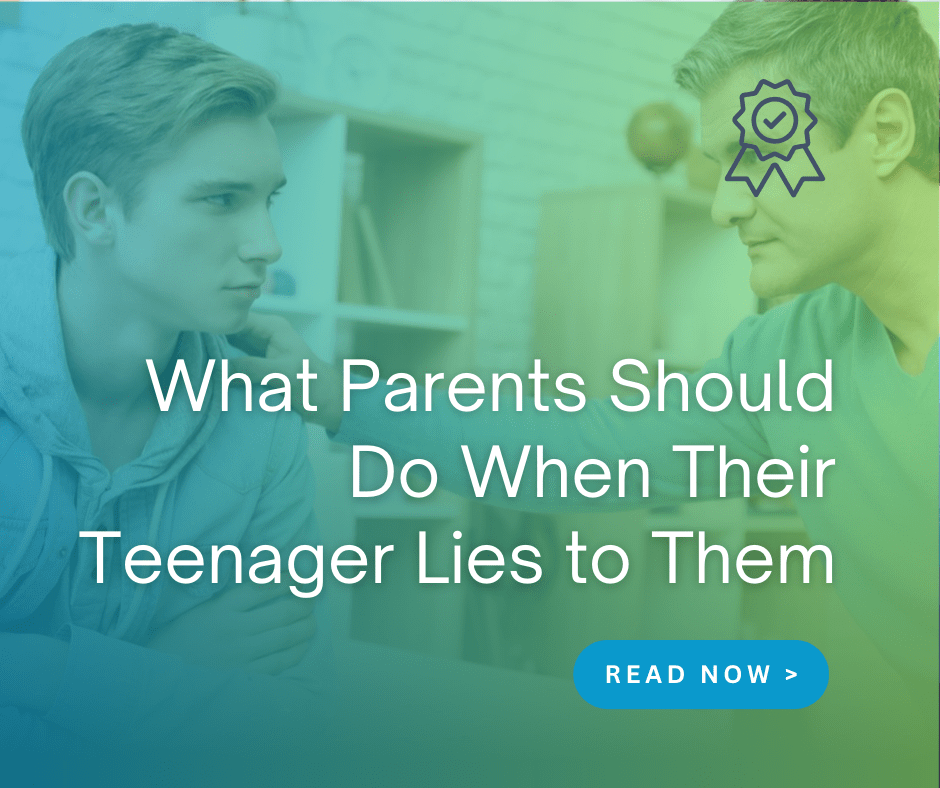If you have a troubled teen in the house, you’re more than aware they can throw a monkey wrench into the works during the holidays. You want everyone to be happy and you want everything to run smoothly, but you’re worried sick your unruly teen might throw a tantrum during dinner, embarrass you in front of your own parents and relatives, and embody the exact opposite of gratitude and warm holiday cheer.
An unruly teen may even cause disruption during the Zoom Thanksgiving dinner you have planned for 2020. Time spent at home during Spring, family vacations missed during Summer, and an atypical Autumn may be building up inside, and you’re concerned that your plans to make Thanksgiving and the Winter holidays special – despite all the limitations you face due to COVID – might go off the rails because your teen decides to rebel.
So how do you keep that from happening?
Tips to Keep the Peace This Thanksgiving
Like it or not, you’re in charge. That means you set the tone and you get to determine the contours and structure of the holiday. Sure, your teen has to do their part. They’re required to be mature and respectful. They’re required to reciprocate the kindness and love the adults in their life extend to them. That’s a completely realistic expectation. However, if you have a troubled teen, you know that inside, their hormones are raging. They make poor decisions. They have a hard time controlling what they say and do – and sometimes, they’re unable to control their behavior.
Don’t panic.
There are some steps to take to keep the peace and keep Thanksgiving Dinner from going off the rails.
Tip #1: Manage Your Own Stress
Remember when your teen was an infant, a toddler, and just starting school? When you were stressed, they channeled it. They had a knack for acting out your subtext, tuning into what was really going on inside you, and unconsciously translating that into their own behavior. Here’s a fact: that hasn’t changed. The connection is still there. If you bring stress and anxiety into a situation, they’ll sense it, and act out.
During COVID, a good rule of thumb is to recognize the typical stressors in your life – and your teen’s life – and imagine them all turned up twenty-five to thirty percent. Call it pandemic stress. Add to that pandemic stress the stress of a pandemic holiday, and you can see why you need to monitor your personal stress levels – because if they’re off the charts, that’s likely to affect your teen.
To avoid that, check in with yourself, identify your own stress – including the various ways the pandemic, restricted movement, shelter-in-place orders, and all the rest have affected you – and do your best not to carry all that into Thanksgiving.
We know that’s a tough ask – but you can do it. By starting with yourself, you can ensure the holiday goes as well as possible. You set the tone and you establish the norms. You can regulate your stress and set an example they’ll follow: we believe in you.
Tip #2: Preview the Schedule
Talk to your teen about what’s coming up. Go over your expectations for their behavior. Communicate firm guidelines and rules and map out fair and realistic outcomes if they don’t follow them. Tell them exactly how the week is going to go, how Thanksgiving Day is going to go, how much help you expect from them, when they need to be dressed for Zoom dinner – if your family is formal like that – and when they need to be on their best behavior.
Which brings us to the next tip.
Tip #3: Choose Your Battles
Review your plan for the holiday week and decide how much you need your teen to participate. They’ll want to spend unstructured time with friends over Thanksgiving Break, although this year all that time may be on Facetime, text groups, or small outdoor gatherings that follow all the Thanksgiving guidance from the Centers for Disease Control (CDC). They’ll probably also want to spend some time alone in their room, doing whatever it is teenagers do in their room when the door is closed. Give them as much of that time as possible, and know that the more they get what they want, the more they’ll give you what you want – which is them, being the awesome kid you know is still in there.
Tip #4: Learn From the Past
If you’re hosting a big family dinner at your house or planning to attend family events at a relative’s house – even if they’re all on Zoom – you have an added responsibility: where your teen is concerned, you’re the mediator. The best kind of mediator is proactive. You know if you have a relative who rubs your kid the wrong way and vice-versa. Be ready for it. You know the history. Don’t allow it to repeat itself. Some relatives have poor boundaries and will say provocative things to stir the pot. There are two ways to prevent this kind of scene before it happens. First, keep your superhero mom or dad senses alive to the mood of the room (the Zoom room too) and the conversation. When your sense things are about to go sideways, redirect the conversation before it goes into the danger zone. Second, talk to your teen about the relative in question beforehand. Be open and honest about it. If they don’t know how to deal with that person productively, give them pointers. You most likely have experience dealing with this person, and your advice can help.
Tip #5: Don’t Overextend
When you make a schedule for Thanksgiving week, make sure it’s realistic. Especially with a troubled teenager involved. This tip circles back to Tip #1: Check Yourself. If you create a schedule where you’re running around like a chicken with your head cut off, then revise it, or everyone will sense your anxiety. Cancel the unnecessary things. Delegate responsibility. Some days will be busy, but they don’t have to be hectic. The goal is to bring the family together, so make sure you don’t plan so much that you sabotage yourself. More is not necessarily better. Think quality over quantity.
Thanksgiving Can Be Hard
Finally, recognize that the holidays can do a number on anyone. Divorces, relatives no longer with us, bittersweet memories, and a host of other factors can make Thanksgiving emotionally charged. It’s worth repeating that due to the pandemic, we’re all under extra stress this year. The pandemic stress we mention above is real. Chronic, low-grade stress has a way of building unseen until an unforeseen event triggers tears, anger, or sadness – and we’ve all been under varying degrees of stress since March. Keep that in mind as you head into the winter holidays: lead with empathy. First for yourself – because you’re the boss of this holiday and you need to be whole – and next for everyone else.
It’s also important to remember your kids can develop baggage you know nothing about. If they act out during Thanksgiving dinner, understand there’s probably a reason behind it. Talk to them to find out what’s going on. And if, during these conversations, you discover underlying issues – such as depression, anxiety, alcohol or substance use – then the holidays are a perfect time to get real. In a loving and supportive environment, you can face the problems head on, make plans to address them, and head into the rest of the holiday season with a clean slate.












